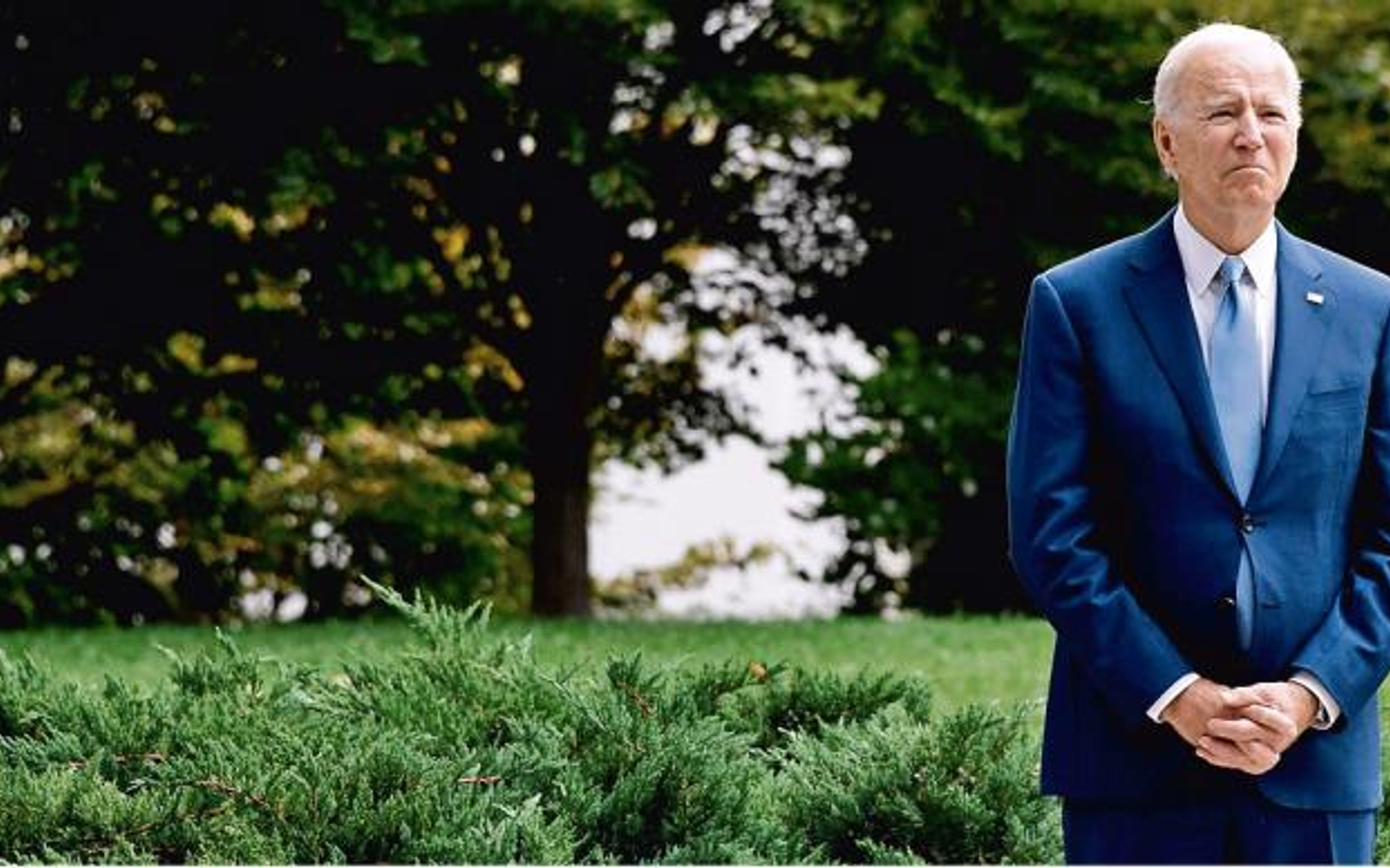Compensation Needed for Civilian Victims 77 Years after the 10/10 Air Raid
A total of 1,400 U.S.-based aircraft bombed the city of Naha, the capital city of Okinawa prefecture, for nine hours from early morning until late evening, killing at least 668 people, including military personnel, civilian contractors and residents, and injuring 768 others. Naha was on fire for two days, and 90% of the houses were destroyed. It caused great damage and resulted in about 50,000 affected citizens evacuating to the south-central part of the main island.
The 10/10 Air Raid also marked the beginning of indiscriminate attacks that later claimed 760,000 lives across Japan. These tragedies are not just a story of the past. There are civilian victims who are still suffering from their wounds and are demanding compensation and apology from the government, but this has not been realized. While former military personnel and contractors have been provided with benefits and pensions, civilian noncombatants have been neglected and are getting older. The government should hurry up and provide compensation.
The government has the responsibility to do so. One of the reasons why the damage caused by the air raid increased is because of the Air Defense Law, under which the government forced people to make sacrifices by telling them not to flee from air raids and to put out fires. Looking overseas, countries such as Germany and Finland compensate civilian noncombatant victims without distinguishing them from military personnel or contractors.
The U.S. is also responsible for the indiscriminate bombing. At the time of the 10/10 Air Raid, the U.S. government, after receiving protests from the Japanese government, admitted that the attack was indiscriminate. However, U.S. official documents reveal that the U.S. government did not respond to Japan because it was a violation of international law. This is too irresponsible.
During the war in Japan, in addition to benefits for military personnel and contractors, civilian noncombatant victims of air raids were also compensated under the Wartime Disaster Protection Law. Both were abolished after the war, but after the restoration of Japan’s sovereignty under the San Francisco Peace Treaty signed in 1951, only the compensation for former military personnel and contractors was reinstated, while Japan renounced its claims against the U.S. and other countries under the same treaty.
Civilian noncombatant victims of air raids have filed lawsuits and started legislative campaigns in Tokyo and Nagoya, but the government continues to refuse them, claiming that they have no employment relationship with the government. In an Osaka air raid lawsuit, the Court of Appeals acknowledged that the government’s policies had put the people in a dangerous situation, but rejected the lawsuit on the grounds that there wasn’t a significant inequality compared to military personnel.
According to the Association of Okinawa 10/10 Air Raid Victims, if the prefectural estimate of the number of civilian deaths in the war is 94,000, nearly 40,000 civilians who were killed in air raids and shelling have not been compensated, except for about 55,000 who were covered by the Relief Act.
The bipartisan Parliamentary Federation, which aims for a parliamentary bill to provide relief to civilian noncombatant victims and others, has put together a bill to provide 500,000 yen on a one-time basis this year, but has decided not to submit it to the Diet at this stage. A 2005 agreement between the government and the ruling party, which states that “all measures related to the issue of postwar treatment have been finalized and completed,” has become an obstacle in the LDP’s internal coordination.
This is nothing short of sloppy postwar handling. The victims should not be left alone. The actual situation should be investigated, and a parliamentary debate on compensation should be started as soon as possible.


